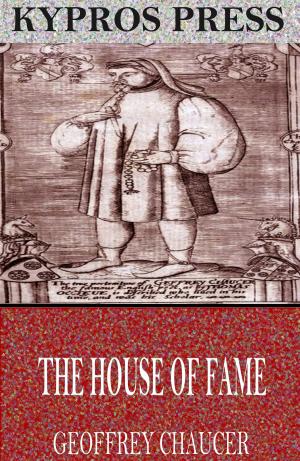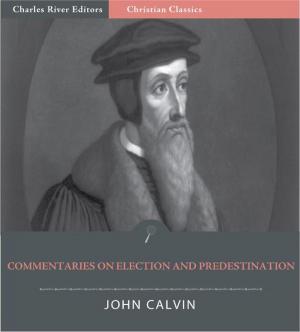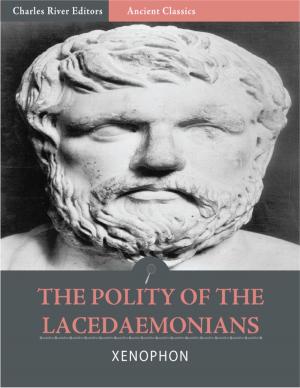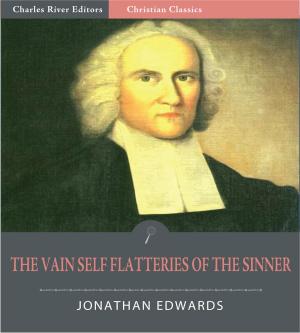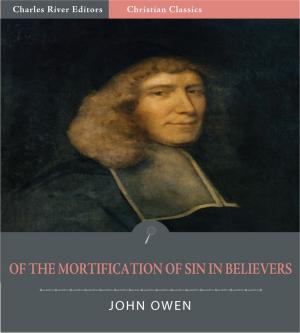The Life of George Washington (Illustrated Edition)
Nonfiction, History, Americas, United States, Colonial Period (1600-1775), Revolutionary Period (1775-1800), Biography & Memoir, Political| Author: | John Marshall | ISBN: | 9781619825130 |
| Publisher: | Charles River Editors | Publication: | February 13, 2012 |
| Imprint: | Language: | English |
| Author: | John Marshall |
| ISBN: | 9781619825130 |
| Publisher: | Charles River Editors |
| Publication: | February 13, 2012 |
| Imprint: | |
| Language: | English |
John Marshall (September 24, 1755 July 6, 1835) is perhaps Americas greatest jurist. As the Chief Justice of the United States from 180135, Marshalls opinions helped lay the basis for American constitutional law and made the Supreme Court of the United States a coequal branch of government along with the legislative and executive branches. Previously, Marshall had been a leader of the Federalist Party in Virginia and served in the United States House of Representatives from 1799 to 1800. He was also Secretary of State under President John Adams from 1800 to 1801. As the longest-serving Chief Justice of the United States, Marshall dominated the Court for over three decades and played a significant role in the development of the American legal system. Most notably, he reinforced the principle that federal courts are obligated to exercise judicial review, by disregarding purported laws if they violate the Constitution. Thus, Marshall cemented the position of the American judiciary as an independent and influential branch of government. Furthermore, the Marshall Court made several important decisions relating to federalism, affecting the balance of power between the federal government and the states during the early years of the republic. In particular, he repeatedly confirmed the supremacy of federal law over state law, and supported an expansive reading of the enumerated powers. Marshall was also a great admirer of George Washington and found time to write a comprehensive biography of the Father of America. Marshall wrote between 1805 and 1807, and his Life of Washington was based on records and papers provided to him by the late president's family. Historians have often praised its accuracy and well-reasoned judgments. This edition of Marshalls Life of George Washington is specially formatted with a Table of Contents and is illustrated with pictures of Washington and other important individuals during the founding of America.
John Marshall (September 24, 1755 July 6, 1835) is perhaps Americas greatest jurist. As the Chief Justice of the United States from 180135, Marshalls opinions helped lay the basis for American constitutional law and made the Supreme Court of the United States a coequal branch of government along with the legislative and executive branches. Previously, Marshall had been a leader of the Federalist Party in Virginia and served in the United States House of Representatives from 1799 to 1800. He was also Secretary of State under President John Adams from 1800 to 1801. As the longest-serving Chief Justice of the United States, Marshall dominated the Court for over three decades and played a significant role in the development of the American legal system. Most notably, he reinforced the principle that federal courts are obligated to exercise judicial review, by disregarding purported laws if they violate the Constitution. Thus, Marshall cemented the position of the American judiciary as an independent and influential branch of government. Furthermore, the Marshall Court made several important decisions relating to federalism, affecting the balance of power between the federal government and the states during the early years of the republic. In particular, he repeatedly confirmed the supremacy of federal law over state law, and supported an expansive reading of the enumerated powers. Marshall was also a great admirer of George Washington and found time to write a comprehensive biography of the Father of America. Marshall wrote between 1805 and 1807, and his Life of Washington was based on records and papers provided to him by the late president's family. Historians have often praised its accuracy and well-reasoned judgments. This edition of Marshalls Life of George Washington is specially formatted with a Table of Contents and is illustrated with pictures of Washington and other important individuals during the founding of America.

